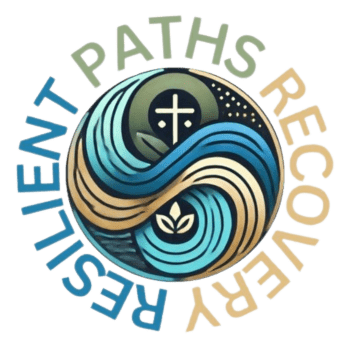Addiction doesn’t happen in isolation. While it profoundly affects the individual, its reach often extends far beyond, touching the lives of family, friends, and loved ones. The emotional, financial, and relational toll can create ripples of pain and confusion for those who care about you most. Understanding how addiction impacts others can be a powerful motivator to seek help and begin the journey to recovery.
Emotional Strain on Loved Ones
Addiction can create a whirlwind of emotions for those close to you. Loved ones often experience feelings of fear, sadness, and helplessness as they watch someone they care about struggle. They may feel overwhelmed by the constant worry about their health and safety, often leading to chronic stress or anxiety. Over time, this emotional toll can damage their mental well-being, leaving them feeling drained and unsure of how to help.
Broken Trust and Strained Relationships
Addiction can alter behavior, leading to actions that break trust—lies, broken promises, or neglect of responsibilities. For family members or partners, this betrayal can feel deeply personal, creating tension and distance in relationships. Children of individuals struggling with addiction may feel confusion, fear, or even blame themselves for the changes in their loved one’s behavior. Repairing these fractures often requires time, effort, and open communication.
Financial and Practical Impacts
The financial consequences of addiction can be significant. Whether it’s spending money on substances, facing job loss, or dealing with legal issues, these challenges often shift the burden to loved ones. Families may struggle to make ends meet or feel pressured to step in and provide financial support, which can lead to resentment and strain.
Co-Dependency and Enabling
Loved ones may unknowingly fall into patterns of enabling or co-dependency, trying to “fix” or shield you from the consequences of addiction. While their intentions come from a place of love, these actions can perpetuate the cycle of addiction and delay recovery. Learning to set boundaries is crucial for both the individual and their family.
The Positive Ripple of Recovery
The good news is that recovery has its own ripple effect. When you take the brave step to seek help and work toward sobriety, your loved ones will feel the positive changes, too. Healing relationships, rebuilding trust, and fostering open communication can lead to stronger, healthier connections. By prioritizing your well-being, you inspire hope and show those around you that change is possible.
Taking the First Step
Recognizing how addiction affects your loved ones can be a powerful wake-up call. It’s not about guilt or blame; it’s about understanding the broader impact and using it as motivation to take the first step toward recovery. Seeking professional help, whether through counseling, support groups, or rehab programs, is the beginning of a journey that benefits not just you but everyone who cares about you.
Your decision to seek freedom from addiction can transform not only your life but also the lives of those who mean the most to you. It’s never too late to start making a positive change.

0 Comments